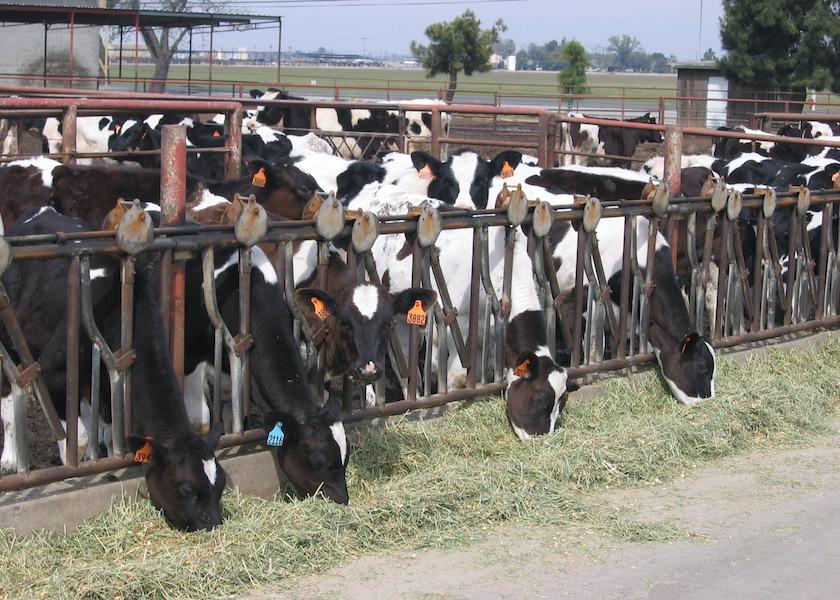FDA Grants Approval for Replacement Heifer Starter Enhancements

Over the past year, producers of feedlot-bound cattle have been able to use a combination of Pennchlor®(chlortetracycline Type A medicated article) and Rumensin® (monensin Type A medicated article) in their starter rations. Now, the U.S. Food and Drug Administration (FDA) has approved use of the combination in starter rations for dairy and beef replacement heifers as well.
Pennchlor offers therapeutic potential to treat common calfhood pathogens, while Rumensin affords performance enhancement based on coccidiosis control. The two products’ manufacturers stated the extension of FDA-approved labeling for replacement heifers offers a more comprehensive solution for the health and growth of calves on a wider range of production tracks.
They said the combination of Pennchlor and Rumensin effectively treats bacterial enteritis caused by Escherichia coli and bacterial pneumonia caused by Pasteurella multocida, provided these pathogens are susceptible to chlortetracycline. Additionally, it promotes an increased rate of weight gain and aids in the prevention and control of coccidiosis due to Eimeria bovis and Eimeria zuernii.
“With these expanded claims, we are not only enhancing animal health but also giving producers more flexibility to adapt their treatment and feed programs and to optimize performance in their dairy and beef replacement heifers,” stated Dr. Padraig Lucey, Elanco dairy technical consultant.
He added that at a time when input costs -- including feed -- are above historic levels, the ability to use these products in combination gives producers more options to improve the sustainability and efficiency of their business.
While Rumensin does not fall under Veterinary Feed Directive (VFD) regulations, Pennchlor does. Federal law restricts medicated feed containing this VFD drug to use by or on the order of a licensed veterinarian.
Contact your Elanco or Pharmgate representative or your cattle veterinarian and/or nutritionist for additional information. Labeling information and VFD forms can be located here.
For more on calf health, read:
- Calf Microbial Supplements: Sorting out the “Pre,” the “Pro,” and the “Post”
- Nine Ways to Help Resuscitate A Newborn Calf
- Try to Keep Dry to Prevent Crypto
- New Genetic Defect Discovered in Holsteins
- Calf Nutrition: Supplement Strategies that Work







